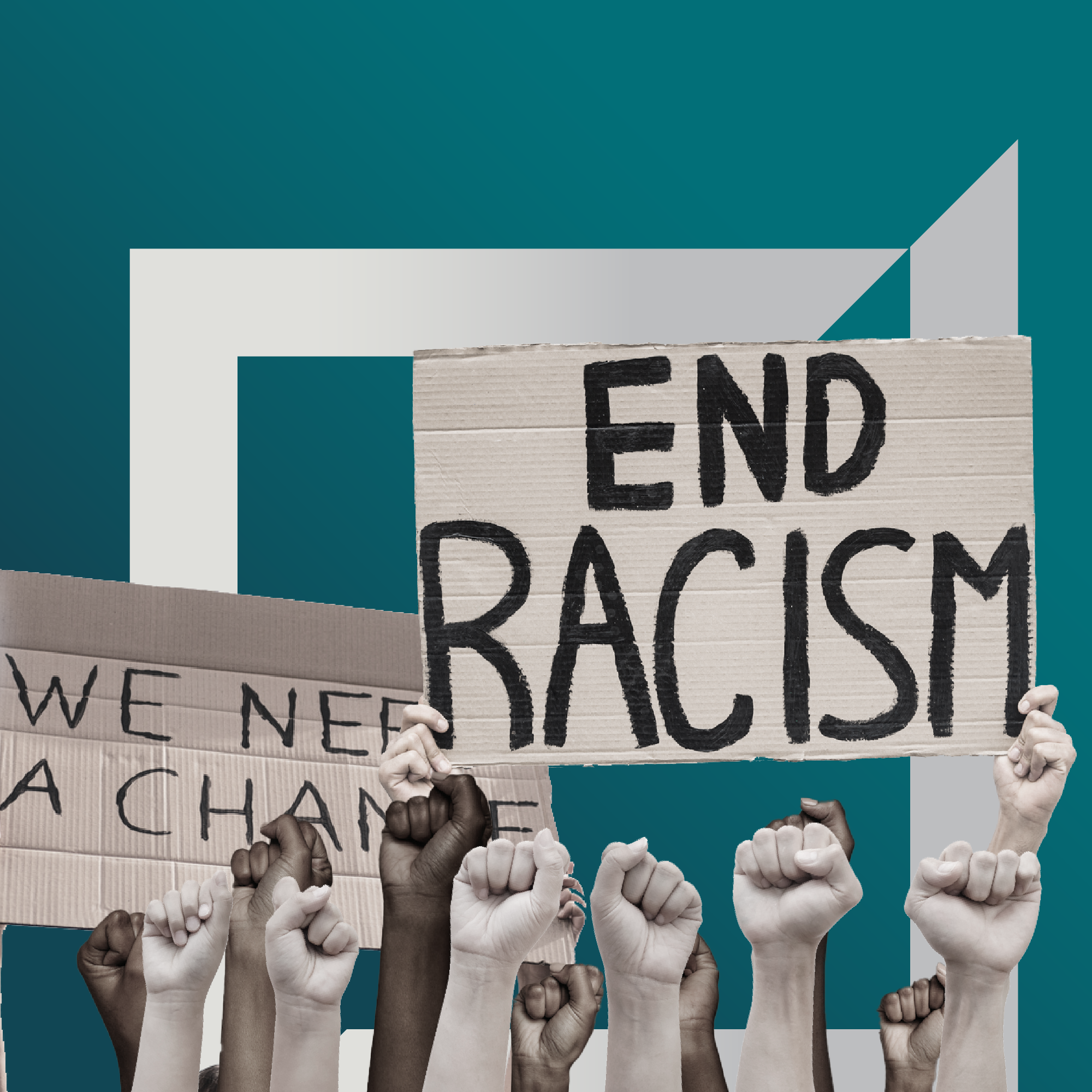
On Culture / Feb 26, 2024
Unpacking Americans' Assumptions about Democracy

Between various high-profile court cases and the realities of a presidential election year fraught with controversy, it feels like we are living through a referendum on democracy in the United States. We’re certainly in the midst of a wave of heightened discourse around it, with everyone from presidential candidates to podcasters asking: “What does it mean for us to live in a democracy?”
At FrameWorks, we’ve been conducting research into how members of the public think about democracy and our political system—and what those mindsets can tell us about narratives we need to change to make our country more just. Overall, we’ve found that Americans have ways of understanding democracy that are likely complicating much of our national dialogue.
Finding #1: People conflate democracy with the act of voting.
Many of our research participants so closely associated voting with democracy that the act of voting was conflated with democracy itself. On the one hand, this mindset anchors the importance of voting in people’s minds and makes it easy for us to see the urgency of problems like voter suppression. On the other hand, it makes it very difficult for people to think about anything other than voting—like participating in mass demonstrations, or calling your representatives, or participating in community meetings—as being important to a healthy democracy. And this mindset doesn’t provide a clear way to sort out more complicated claims about what democracy requires, such as in the case of Trump vs. Anderson, in which Colorado is arguing that removing Trump from the ballot is necessary to protect democracy.
The right to vote is, of course, a cornerstone of our democratic system. But when we think with this mindset, our exclusive focus on voting constrains our understanding of what a strong democracy needs to thrive, and creates expectations of a passive public who only express their opinions through the act of voting.
Finding #2: People think democracy is whatever the US does.
Our research also found that people frequently equate democracy with the United States’ system of government. This mindset makes it hard to recognize the need for reforms that would strengthen our democracy, because democracy is assumed to be simply whatever the United States does.
This mindset also threatens to undermine support for democracy. Given high levels of discontent with our political system, if people equate this system with democracy itself, it can lead people to conclude that these are problems with democracy itself—so rather than seeing a need to make our system more democratic, people could simply write off democracy. If the “democracy = what America does” mindset is reinforced, people might be more likely to conclude that the solution to those problems is not to strengthen our democracy, but to look into other forms of government.
Finding #3: People don’t have a strong idea of what authoritarianism or fascism are.
Most people don’t have a clear understanding of what authoritarianism is, other than a general sense that it’s bad. When pressed to explain it, we often rely on the idea that it is the opposite of democracy—so our understanding of authoritarianism depended on our understanding of democracy. If we understand democracy as the act of voting, for example, we think of an authoritarian government as one that does not have the right to vote—making it difficult to understand ways in which the United States might become more authoritarian that do not involve taking away the right to vote.
“Fascism” is an even less familiar term, and most people have—at most—only the vaguest sense of what it means.
As more and more of our discourse centers around the dangers of authoritarianism and fascism—and presidential candidates label each other as anti-democratic—these limited understandings are likely to pose a major barrier in communicating about the nature of the threats to our democracy and how to counter them.
RELATED RESOURCES:
- For more on our research into how Americans think about democracy, check out our latest research report: By and For the People? Cultural Mindsets of Democracy and the US Political System
- For more on how to build understanding of what democracy is and how we improve it in the US, check out our Framing Democracy Quick-Start Guide.
Countries: United States